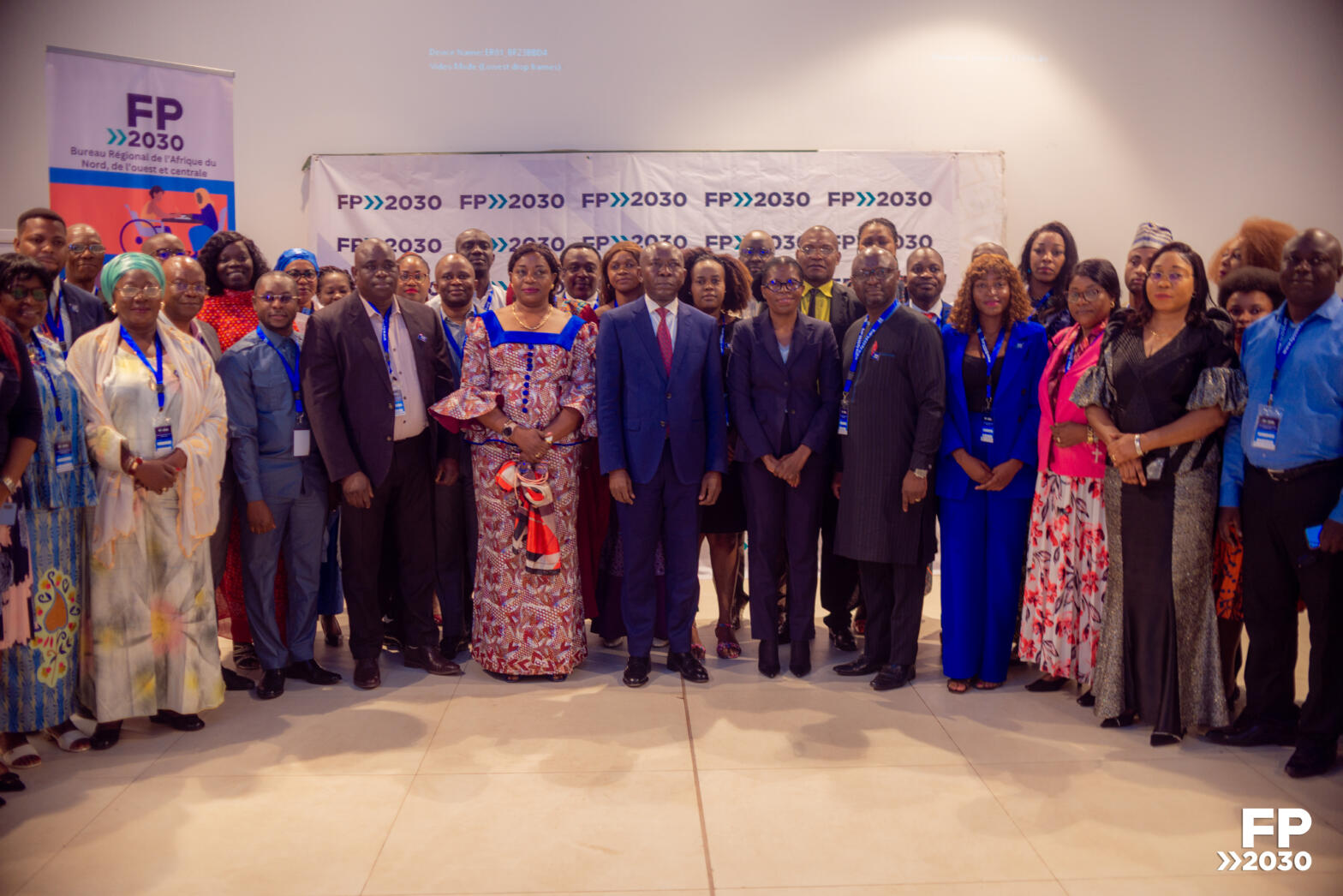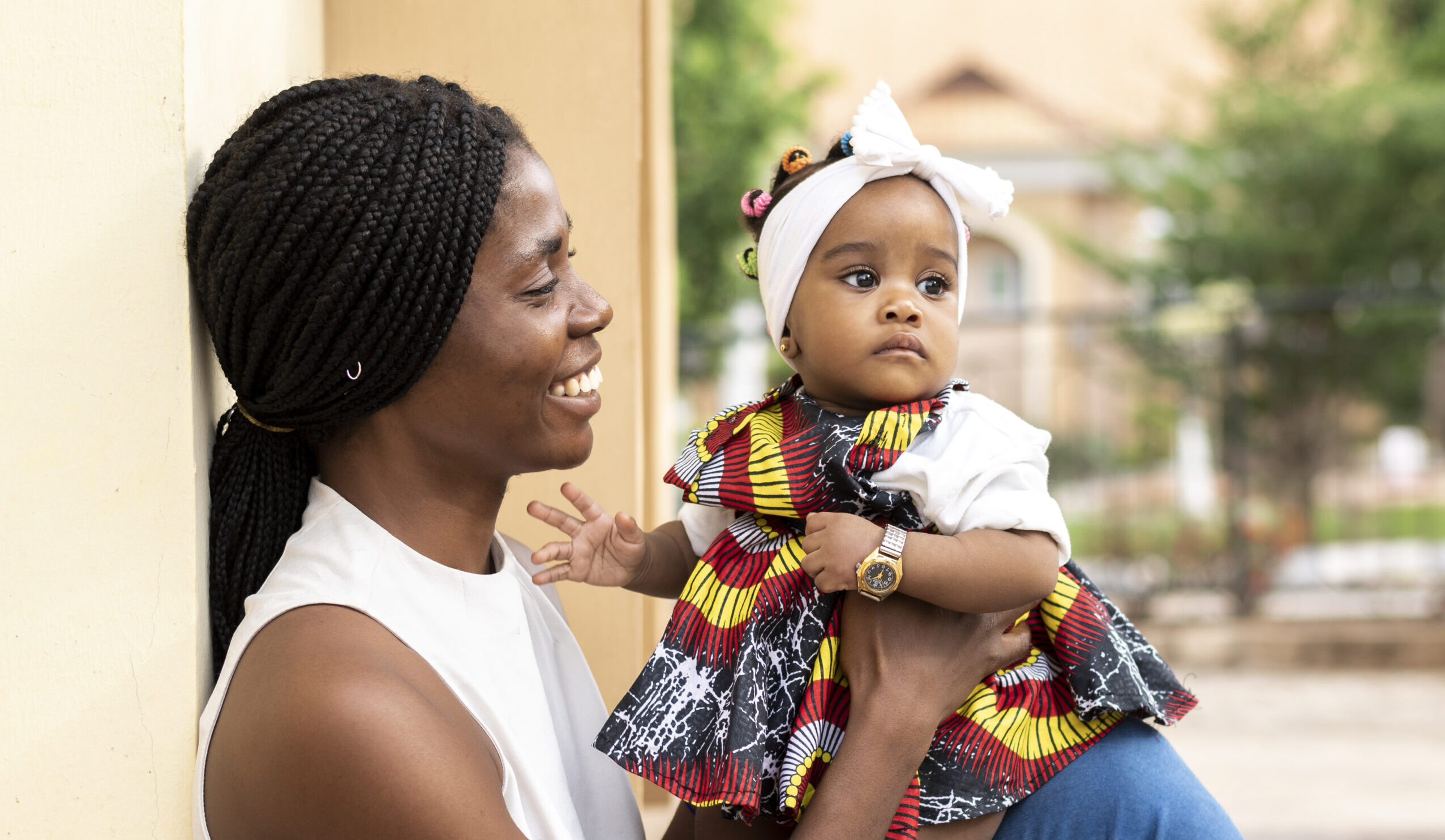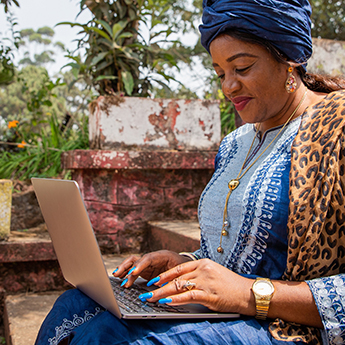
News
Building a Coordinating Mechanism in Central Africa: A Strategic Move to Accelerate Family Planning in the Sub-Region
July 31, 2024
FP2030 Updates
Previous

FP2030 and PROPEL Adapt to advance South Sudan’s E...
Next

Meet our Youth Participants in the 5th Conference ...
Source: FP2030 North, West, and Central Africa Hub
Topics:
Advocacy & Awareness
Justin Ngong, Officer, Communications FP2030 North, West, and Central Africa Hub
The importance of family planning cannot be overemphasized. The Central Africa sub-region has been marred by challenges ranging from shaky democracy, a weak economy, and very fragile health systems. These challenges have culminated in creating a seismic nature within the sub-region characterized by the unique challenge of achieving their family planning goals, such as a high unmet need for contraceptives, limited access to reproductive health services, socio-cultural barriers, and a fragile health system. This region equally stands as the least in funding resources to promote the uptake of family planning thus, the region still has a modern contraceptive prevalence rate of 16.6% and a total fertility rate of 5.5% being the highest and lowest in sub–Saharan Africa respectively, according to FP2030’s 2023 measurement report.
The absence of a Coordination mechanism to bring health actors in the region as is the case with other areas such as West Africa with the Ouagadougou partnership coordinating Unit (OPCU) raised concerns to stakeholders to build a uniting force in targeting the health challenges of the sub-region.
Recognizing the importance of country-level engagement and ownership in advancing the FP2030 agenda, the FP2030 North, West, and Central Africa hub organized a strategic meeting for central African countries’ focal points to have intensive discussions around these challenges plaguing the region and the need to set up a coordination system that would permit systematic meetings among stakeholders, technical assistance to countries, upscale of high impact practices and knowledge sharing to ensure equitable socio-economic development in the sub-region.
This strategic meeting allowed stakeholders to set an objective for the sub-region which is; “Accelerate the use of family planning services in the Central African countries of Chad, Cameroon, Central African Republic, Democratic Republic of Congo, Burundi and Congo Brazzaville with a target of 30% by 2030.”
Achieving this objective necessitates collective efforts which can only be done through a sub-regional coordinating mechanism. This coordinating mechanism supervised by FP2030 North, West and Central Africa Hub, will function as follows:
- Quarterly virtual meetings with the region’s focal points
- Organization of an in-person meeting for focal points and donors every two years
- Carry out advocacy missions in the various countries in the region
- Support best practice exchange missions between countries within the region
- Support young people in the region with advocacy funds and/or stipends
- Strengthen the advocacy capacities of the region’s stakeholders
- Initiate regular meetings with key donors in the region
Meeting the family planning needs for the Central African Sub-region is an objective that FP2030 North, West, and Central Africa hub and partners are committed to achieving. Increasing access to family planning in the sub-region is a condition sine qanun for the socioeconomic development of the region.








